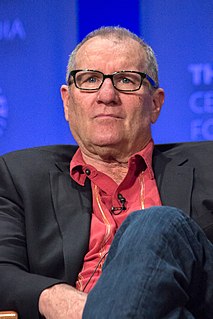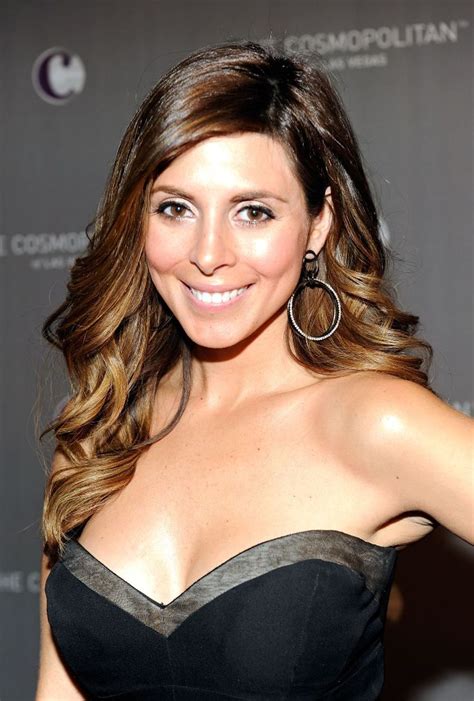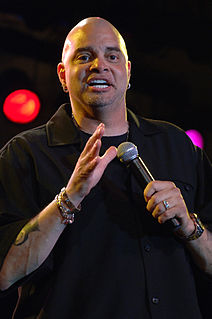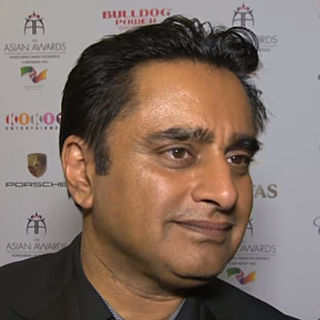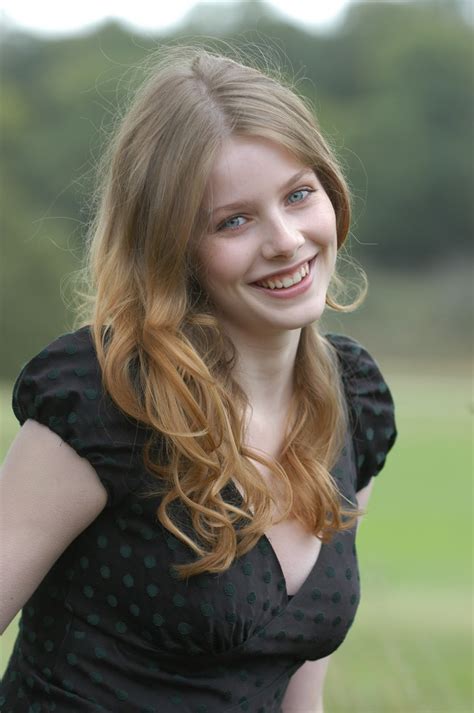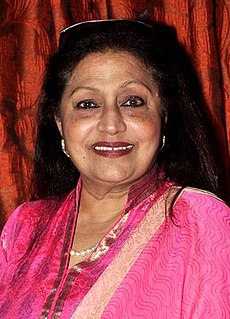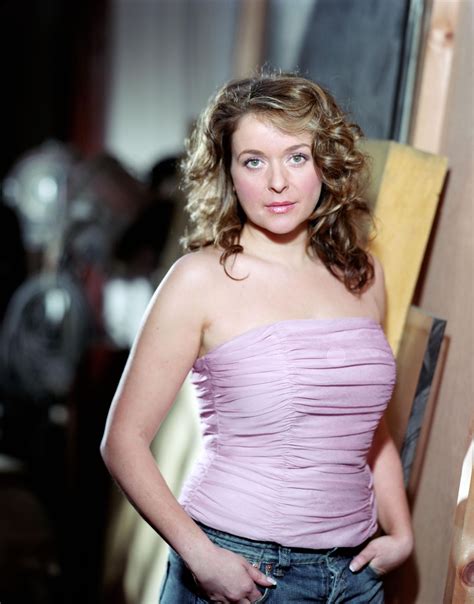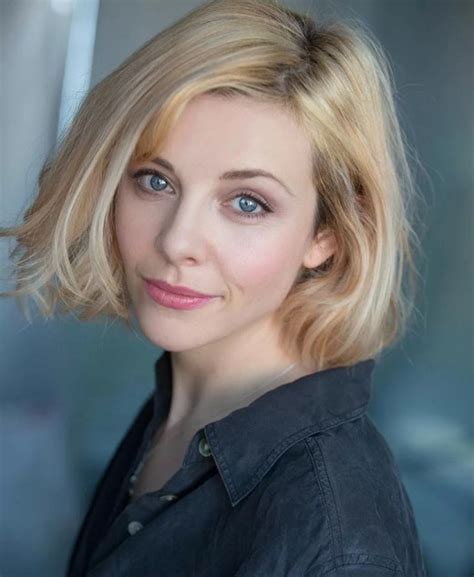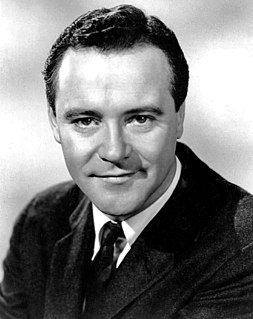A Quote by Ed O'Neill
I always found that drama, really good drama, has a lot of comedy in it.
Related Quotes
I've always thought that comedy was just another dramatic expression. I try to measure the amount of truth in a work rather than just looking at the generic distinction between comedy and drama. There's a lot of bullshit drama that leaves you totally cold. And there's a lot of wasted comedy time too. But when you get something honest, it doesn't matter what label you give it.
Having written both comedy and drama, comedy's harder because the fear of failure's so much stronger. When you write a scene and you see it cut together, and it doesn't make you laugh, it hurts in a way that failed drama doesn't. Failed drama, it's all, 'That's not that compelling,' but failed comedy just lays there.
I really wanted to do a comedy. I've done a lot of drama, and comedy was the one genre I was not being offered. So I became obsessive about getting one. I tried with two little parts in comedies that were more mainstream, I was kind of fumbling around, and then I read The Brothers Bloom and knew it was the one I wanted to jump into. Did it take adjusting? Actually, it's not really any different from doing drama.
As a writer, I haven't delved into dramatic writing. As an actor, I could always, even more so than comedy, do drama. When you do your comedy and your drama, your acting style doesn't change. If it's a comedy, the situations and the characters might be a little funnier, but you're just trying to be honest.
